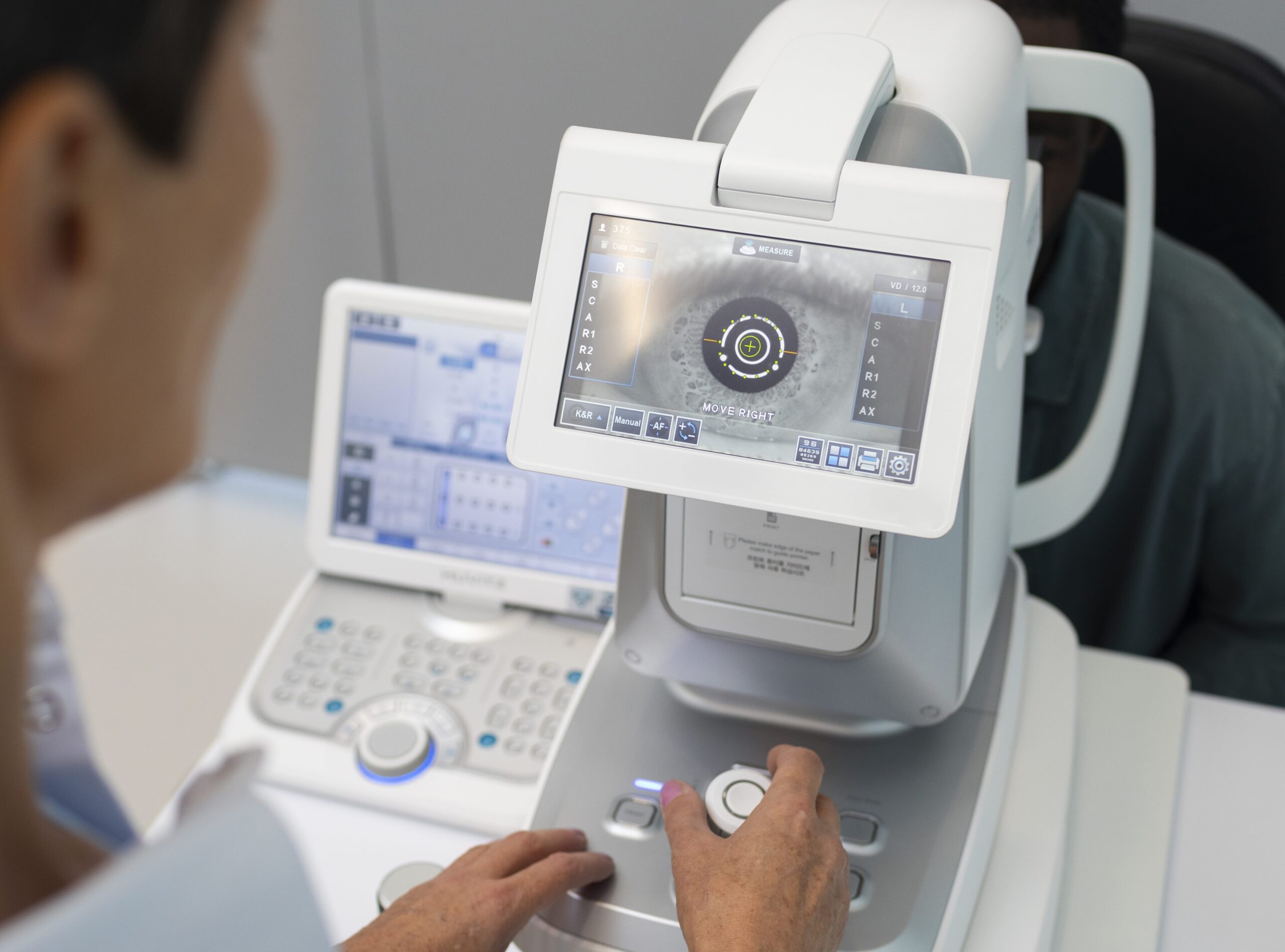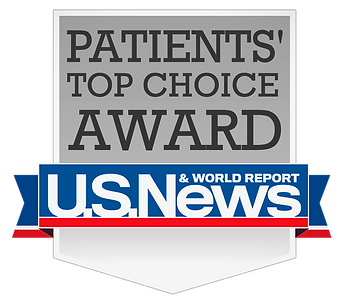Advanced Eye Care: Personalized Preventive Medicine in Ophthalmology
Personalized preventive medicine in ophthalmology tailors healthcare to individual differences in genetics, lifestyle, and other factors. In contrast, it moves away from the one-size-fits-all model. This approach recognizes that each person has unique risks and responses to interventions. As a result, it leverages advancements in technology, genetics, and data analytics to improve prevention plans.
Furthermore, in personalized preventive medicine in ophthalmology, the focus is on managing eye conditions and preserving vision. For example, early risk detection leads to timely interventions. By analyzing genetic predispositions and lifestyle factors, doctors can recommend customized strategies for maintaining eye health.
Ultimately, personalized preventive medicine in ophthalmology improves patient outcomes and promotes long-term well-being.

Genetic Risk Assessment:
- Genetic testing identifies individuals at higher risk for conditions like age-related macular degeneration (AMD), glaucoma, or diabetic retinopathy. As a result, targeted interventions can be implemented sooner.
- Moreover, understanding genetic predisposition allows for early interventions to prevent or delay disease onset.

Lifestyle and Environmental Factors:
- This approach considers lifestyle choices such as diet, exercise, and UV exposure. As a result, individuals can make more informed decisions about their eye health.
- Furthermore, recommendations are tailored to minimize risks related to smoking, poor nutrition, or prolonged screen time.

Screening and Monitoring:
- Screening schedules are based on individual risk profiles. For example, those with a family history of glaucoma may need frequent screenings. Thus, early detection becomes more feasible. As a result, individuals can take action sooner to protect their eye health.
- Additionally, home-based monitoring devices and mobile apps help track vision changes and prompt timely professional care. In turn, this leads to more proactive management of eye conditions.

Customized Treatment Plans:
- Genetic and clinical data guide personalized treatment plans for conditions like AMD or diabetic retinopathy. Consequently, treatments become more precise and effective. As a result, patients experience better outcomes with fewer complications.
- Likewise, tailoring treatments enhances effectiveness and reduces adverse effects. Moreover, it allows for more individualized care, improving overall patient satisfaction.

Patient Education and Engagement:
- This approach emphasizes education, thereby empowering individuals to make informed eye health decisions. As a result, they are better equipped to take control of their eye care.
- Moreover, customized resources address specific risks, therefore encouraging proactive vision care. In addition, these resources help individuals stay informed and make timely health choices.

Telemedicine and Digital Health:
- Telemedicine enables remote monitoring and consultations for ongoing personalized care. As a result, accessibility and convenience improve. In addition, it allows for more frequent follow-ups and continuous patient engagement.
- Similarly, digital tools, like mobile apps and wearables, provide real-time eye health data, supporting timely interventions. Furthermore, these tools help track progress and adjust care plans as needed.

Integrated Healthcare Teams:
- Collaboration between ophthalmologists, genetic counselors, and nutritionists creates comprehensive prevention strategies. As a result, patients receive well-rounded care.
- In addition, a team-based approach ensures holistic care, addressing all aspects of eye health. Moreover, it promotes a more thorough understanding of the patient’s needs and risks.
In summary, personalized preventive medicine in ophthalmology combines genetic insights, lifestyle considerations, and advanced technologies to create individualized strategies for preventing eye conditions and maintaining optimal vision. As a result, it offers a more tailored approach to eye health.
Moreover, this approach has the potential to revolutionize eye care by moving beyond generic recommendations to provide targeted interventions. In doing so, it aligns with each person’s unique risk factors and needs.







